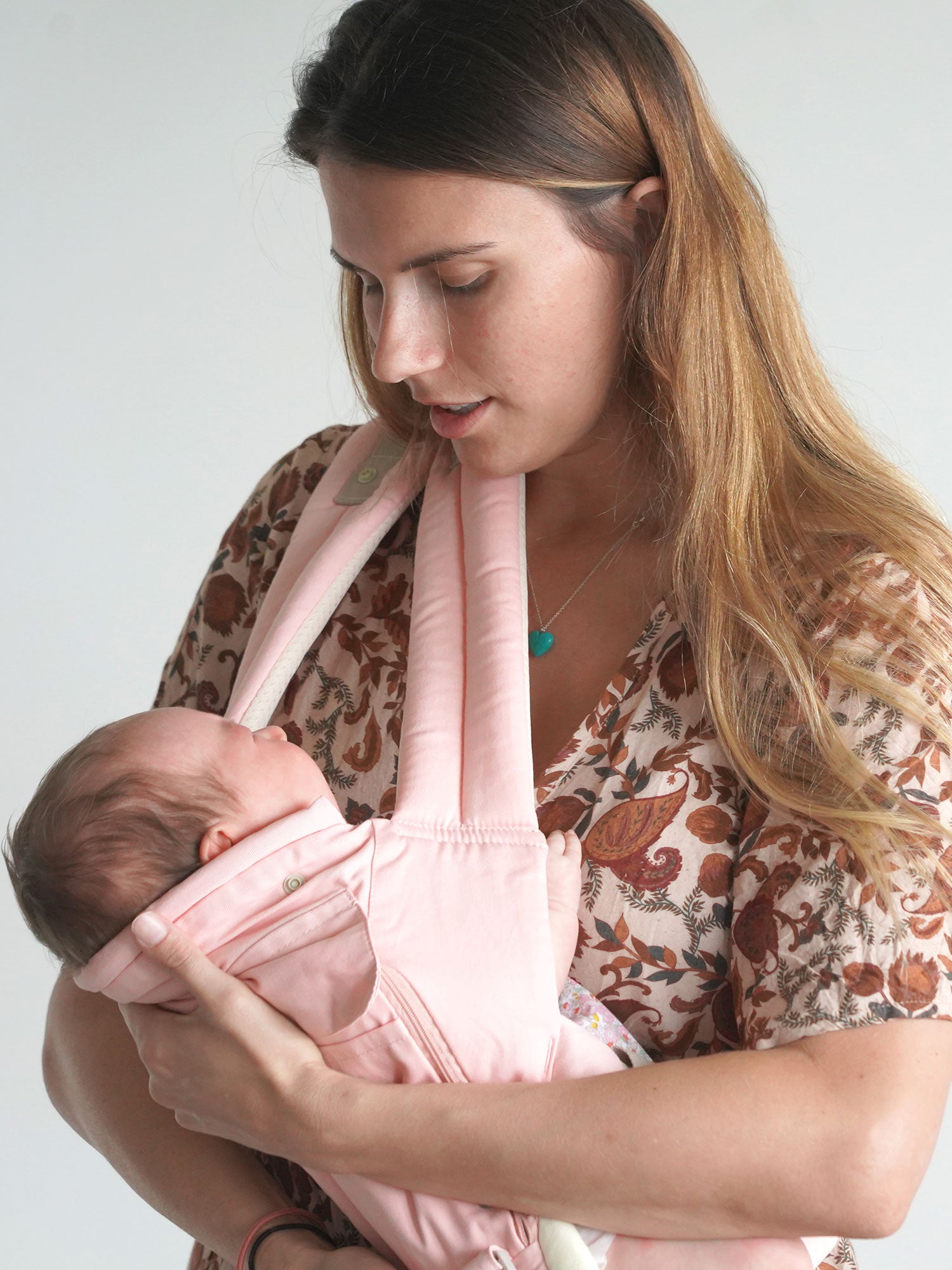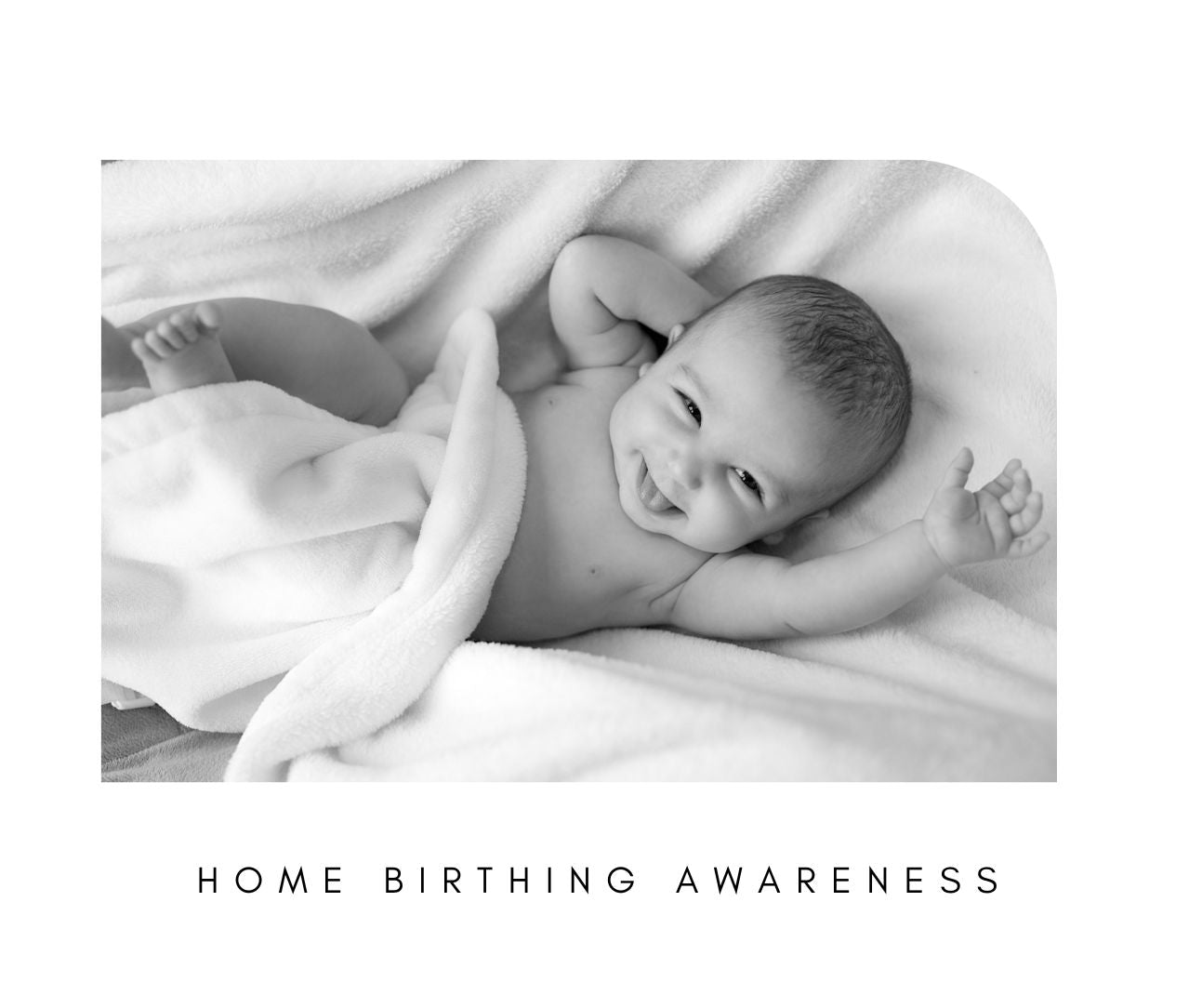The Importance of Mother-Baby Bonding: Why It's Crucial for Your Child's Development

The Importance of Mother-Baby Bonding: Why It's Crucial for Your Child's Development
Becoming a mother is one of the most amazing experiences a woman can have. From the moment you find out you’re pregnant, a bond starts forming between you and your unborn baby. This bond is one of the most powerful and crucial in your child’s development, so it's important to understand how it works and how to foster it. In this blog post, we'll discuss the importance of mother-baby bonding and how it can influence your child's emotional, social, and physical development.
What is Mother-Baby Bonding?
Mother-baby bonding is the intense attachment and connection between a mother and her infant child. It's an instinctual process that begins during pregnancy through hormonal changes and continues to develop after birth through physical and emotional interactions. These interactions include skin-to-skin contact, eye contact, talking, cuddling, and breastfeeding. Mother-baby bonding is essential to a child's emotional and physical well-being as it establishes a sense of security, trust, and love.
Benefits of Mother-Baby Bonding
Mother-baby bonding has many benefits, from supporting emotional and social development, to regulating a baby’s sleep and feeding patterns. Here are some of the most important benefits:
- Emotional development: Mother-baby bonding helps infants develop a sense of security and emotional stability. It also promotes positive relationships, emotional intimacy, and attachment in the long-term.
- Physical development: Babies who have stronger bonds with their mothers tend to have better physical health, including stronger immune systems, fewer illnesses, and faster recovery times.
- Cognitive development: Studies have shown that mother-baby bonding promotes better cognitive and language development in babies.
How to Foster Mother-Baby Bonding
There are many ways to foster mother-baby bonding. Here are some tips to help you develop a strong bond with your baby:
- Skin-to-skin contact: Holding your baby skin-to-skin helps release hormones that promote bonding and relaxation. It’s especially important shortly after birth when your baby needs a lot of skin-to-skin contact.
- Eye contact and talking: Babies need to feel connected to their mothers. Engage with your baby through eye contact, talking, and singing. This helps your baby learn to recognize your voice and feel your presence.
- Breastfeeding: Breastfeeding is more than just a source of nutrition. It also promotes bonding between mother and baby, through skin-to-skin contact, eye contact, and physical closeness.
- Physical touch and cuddling: Touch is an important way to communicate with your baby. Cuddling, hugging, and snuggling help to build bonds with your baby.
Challenges You May Face
Mother-baby bonding is not always easy, and there are challenges you may face, such as difficulty breastfeeding, postpartum depression, and lack of support. If you're experiencing these challenges, don't be afraid to seek help. Talk to your doctor or a lactation consultant, and consider joining a support group for new mothers.
Mother-baby bonding is a crucial process that shapes your child's development. By fostering a strong bond with your baby, you are creating a foundation for emotional, social, and physical health. Remembering the importance of bonding can help you make time for your new infant despite the challenges that arise in motherhood. So, take the time to snuggle up close, look into their little eyes, and cherish the moments of closeness early motherhood provides--it's an investment into your baby's welfare that can last a lifetime.
~ jinki @ jinki.com




